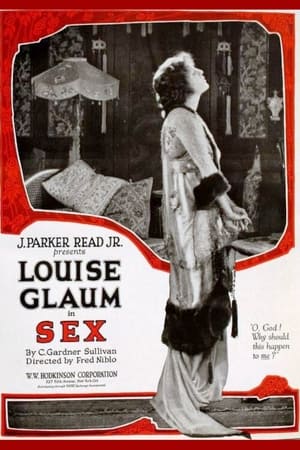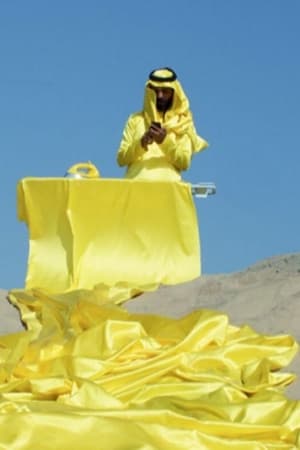
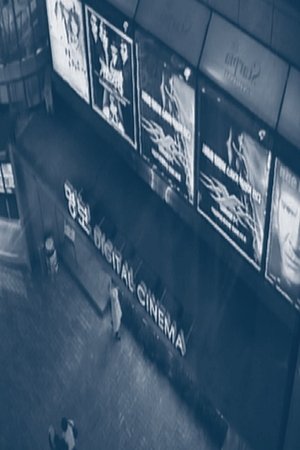
My Korean Cinema(2002)
A personal and subjective video essay series on the Korean cinema, consisting of 9 episodes. Its episodes include fragments of memory about Korean films and their ‘field’, actual moments of what is happening here and now, and images excerpted from Korean films. [Ep 1] My Chungmuro (2002) [Ep 2] For March of Fools (2003) [Ep 3] Smoking Women (2003) [Ep 4] Kino 99 (2003) [Ep 5] Song of Keumsoon (2004) [Ep 6] The Creative Restoration of ‘An Empty Dream’ (2005) [Ep 7] Reflection on Kim Gu (2005) [Ep 8] Garibong, Again (2006) [Ep 9] A Short Film about Pre-1945 Korean Cinema (2006)
Movie: My Korean Cinema

나의 한국영화
HomePage
Overview
A personal and subjective video essay series on the Korean cinema, consisting of 9 episodes. Its episodes include fragments of memory about Korean films and their ‘field’, actual moments of what is happening here and now, and images excerpted from Korean films. [Ep 1] My Chungmuro (2002) [Ep 2] For March of Fools (2003) [Ep 3] Smoking Women (2003) [Ep 4] Kino 99 (2003) [Ep 5] Song of Keumsoon (2004) [Ep 6] The Creative Restoration of ‘An Empty Dream’ (2005) [Ep 7] Reflection on Kim Gu (2005) [Ep 8] Garibong, Again (2006) [Ep 9] A Short Film about Pre-1945 Korean Cinema (2006)
Release Date
2002-01-01
Average
8
Rating:
4.0 startsTagline
Genres
Languages:
한국어/조선말Keywords
Recommendations Movies
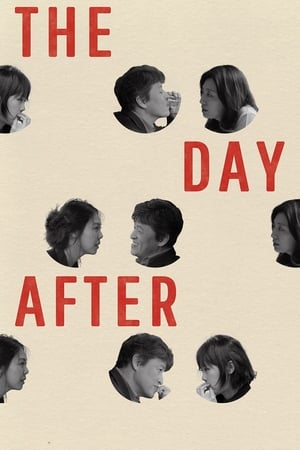 6.5
6.5The Day After(ko)
On her first day at work, Areum replaces a woman who broke up with the boss. The wife of the boss finds a love note, bursts into the office, and mistakes Areum for the other woman.
 6.2
6.2The 2019 Rose Parade with Cord & Tish(en)
Cord Hosenbeck and Tish Cattigan return for their annual round of live Rose Parade coverage. Cord Hosenbeck and Tish Cattigan are no strangers to the iconic New Year’s tradition of the Rose Parade, having covered the event for the past twenty-six years. After a whirlwind year that included traveling abroad to cover the Royal Wedding, the duo are more excited than ever to return to Pasadena. The esteemed Tim Meadows will also return for the festivities.
 4.6
4.6Nana and Kaoru(ja)
Kaoru is a 17-year-old boy with an SM fetish, secretly dreaming of an SM relationship with his childhood friend Nana. One day Kaoru's mother asks Nana to hide all his SM toys so that he will study for a change. However, Nana finds the leather one-piece that Kaoru bought and tries it on, but she accidentally locks it and does not have the key! This is the beginning of a very strange relationship..
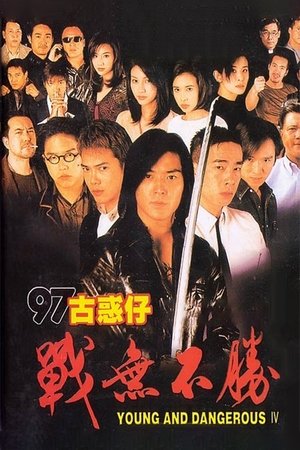 6.3
6.3Young and Dangerous 4(cn)
The boss of the Hung Hing gang, Tian Sang, has died. Ho Nam and Hon Bun find Sangs younger brother, Yang to lead the gang. Meanwhile, Hon Bun receives news that his younger brother, a leader of the Tuen Mun gang has been assasinated. They travel to Hong Kong to settle the matter.
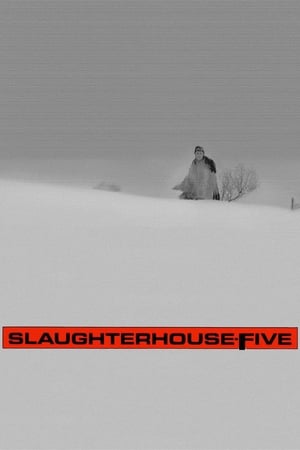 6.5
6.5Slaughterhouse-Five(en)
Billy Pilgrim, a veteran of the Second World War, finds himself mysteriously detached from time, so that he is able to travel, without being able to help it, from the days of his childhood to those of his peculiar life on a distant planet called Tralfamadore, passing through his bitter experience as a prisoner of war in the German city of Dresden, over which looms the inevitable shadow of an unspeakable tragedy.
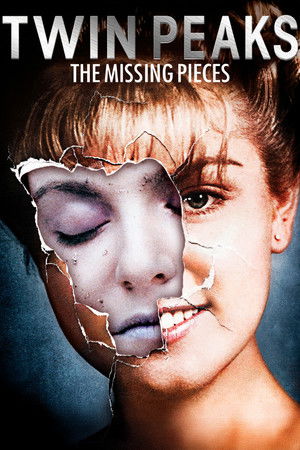 7.3
7.3Twin Peaks: The Missing Pieces(en)
Ninety minutes of deleted and alternate takes from Twin Peaks: Fire Walk With Me, assembled by David Lynch to continue the story of the final week of Laura Palmer’s life.
 7.7
7.7Cat on a Hot Tin Roof(en)
An alcoholic ex-football player drinks his days away, having failed to come to terms with his sexuality and his real feelings for his football buddy who died after an ambiguous accident. His wife is crucified by her desperation to make him desire her: but he resists the affections of his wife. His reunion with his father—who is dying of cancer—jogs a host of memories and revelations for both father and son.
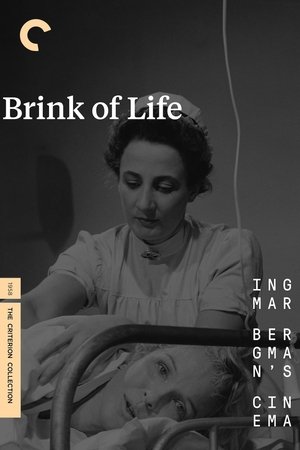 7.5
7.5Brink of Life(sv)
Three women in a maternity ward reveal their lives and intimate thoughts to each other.
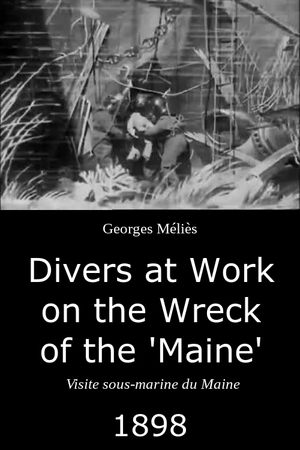 5.7
5.7Divers at Work on the Wreck of the "Maine"(fr)
Divers go to work on a wrecked ship (the battleship Maine that was blown up in Havana harbour during the Spanish-American War), surrounded by curiously disproportionate fish.
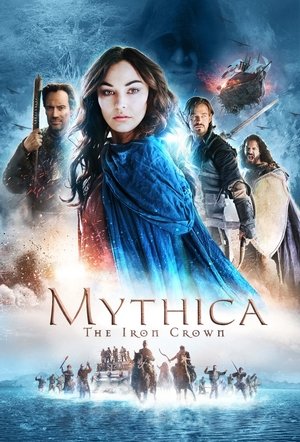 5.9
5.9Mythica: The Iron Crown(en)
When a team of unlikely heroes hijacks a steam-powered battle wagon, a daring young wizard (Marek) steals the final piece of the all-powerful Darkspore and embarks on a desperate quest to deliver the cursed artifact to the gods for safe keeping; but when they are caught in a death race between a ruthless team of elite mercenaries and a trinity of demons, Marek must learn to believe in herself before her friends are killed and the Darkspore is lost, to stop the evil necromancer (Szorlok) from uniting the Darkspore and flooding the living world with his legions of undead.
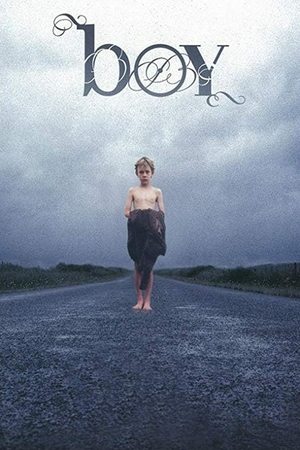 5.9
5.9Boy(en)
Boy is the unsettling story of a young male prostitute, or Rent Boy, in a small rural town who learns the truth behind a hit and run accident which has killed a local girl. When the news of the girls death spreads through the community, the driver and his family decide that the boy must be silenced. The set out to scare him into silence. The pressure becomes more and more violent, but despite this, the boy battles to expose the truth.
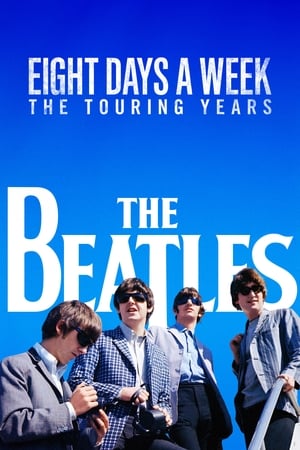 7.5
7.5The Beatles: Eight Days a Week - The Touring Years(en)
The Beatles stormed through Europe's music scene in 1963, and, in 1964, they conquered America. Their groundbreaking world tours changed global youth culture forever and, arguably, invented mass entertainment as we know it today. All the while, the group were composing and recording a series of extraordinarily successful singles and albums. However the relentless pressure of such unprecedented fame, that in 1966 became uncontrollable turmoil, led to the decision to stop touring. In the ensuing years The Beatles were then free to focus on a series of albums that changed the face of recorded music.
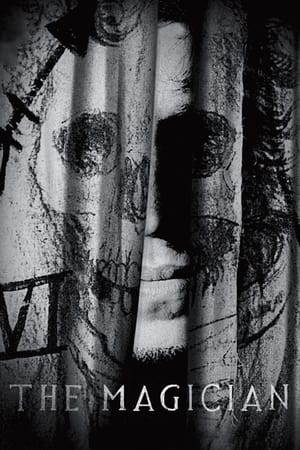 7.3
7.3The Magician(sv)
Dr. Vogler's, a nineteenth-century traveling mesmerist and peddler of potions, magic is put to the test in Stockholm by the cruel, eminently rational royal medical adviser Dr. Vergérus.
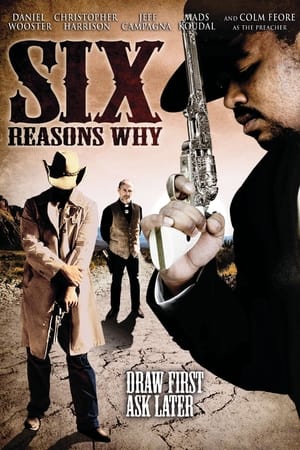 5.2
5.2Six Reasons Why(en)
In a desolate place called the Badlands, four men stand off with guns drawn, their fingers ready at the trigger. Among them are a fugitive seeking redemption, a son out to avenge his father's murder, a loyal servant with a secret and a murderous criminal hired to kill with a vengeance. This is their story...in a place where revenge, deception and cruelty are a way of life.
 6.5
6.5Things to Come(fr)
Nathalie teaches philosophy at a high school in Paris. She is passionate about her job and particularly enjoys passing on the pleasure of thinking. Married with two children, she divides her time between her family, former students and her very possessive mother. One day, Nathalie’s husband announces he is leaving her for another woman. With freedom thrust upon her, Nathalie must reinvent her life.
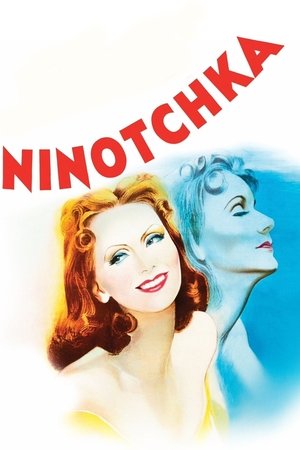 7.5
7.5Ninotchka(en)
A stern Russian woman sent to Paris on official business finds herself attracted to a man who represents everything she is supposed to detest.
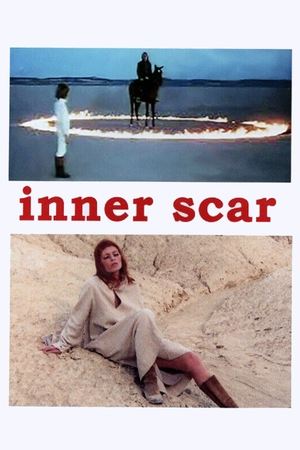 6.7
6.7The Inner Scar(fr)
A composition of symbolic, surreal and almost mystic images.
Similar Movies
Bohemia Docta or the Labyrinth of the World and the Lust-House of the Heart (A Divine Comedy)(cs)
A labyrinthine portrait of Czech culture on the brink of a new millennium. Egon Bondy prophesies a capitalist inferno, Jim Čert admits to collaborating with the secret police, Jaroslav Foglar can’t find a bottle-opener, and Ivan Diviš makes observations about his own funeral. This is the Czech Republic in the late 90s, as detailed in Karel Vachek’s documentary.
 4.9
4.9Visions of Europe(en)
Twenty-five films from twenty-five European countries by twenty-five European directors.
 7.8
7.8In the Intense Now(pt)
A personal essay which analyses and compares images of the political upheavals of the 1960s. From the military coup in Brazil to China's Cultural Revolution, from the student uprisings in Paris to the end of the Prague Spring.
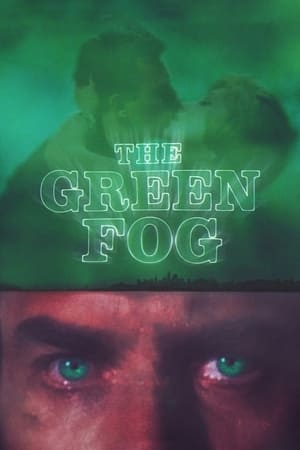 6.0
6.0The Green Fog(en)
A tribute to a fascinating film shot by Alfred Hitchcock in 1958, starring James Stewart and Kim Novak, and to the city of San Francisco, California, where the magic was created; but also a challenge: how to pay homage to a masterpiece without using its footage; how to do it simply by gathering images from various sources, all of them haunted by the curse of a mysterious green fog that seems to cause irrepressible vertigo…
What Is to Be Done? A Journey from Prague to Ceský Krumlov, or How I Formed a New Government(cs)
Quite a few years have passed since November 1989. Czechoslovakia has been divided up and, in the Czech Republic, Václav Klaus’s right-wing government is in power. Karel Vachek follows on from his film New Hyperion, thus continuing his series of comprehensive film documentaries in which he maps out Czech society and its real and imagined elites in his own unique way.
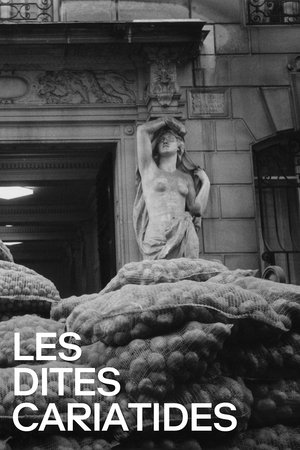 6.2
6.2The So-Called Caryatids(fr)
Commissioned by French television, this is a short documentary on the neo-classical statues found throughout Paris, predominantly on the walls of buildings, holding up windows, roofs etc.
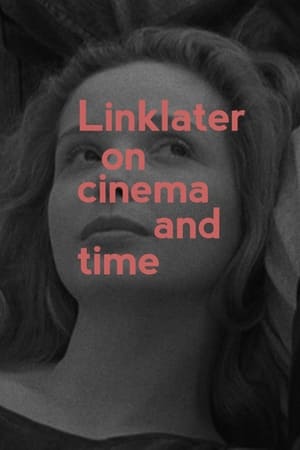 7.0
7.0Linklater: On Cinema and Time(en)
If cinema is the art of time, Linklater is one of its most thoughtful and engaged directors. Unlike other filmmakers identified as auteurs, Linklater’s distinction is not found on the surface of his films, in a visual style or signature shot, but rather in their DNA, as ongoing conversations with cinema, which is to say, with time itself. A visual essay produced by Sight and Sound.
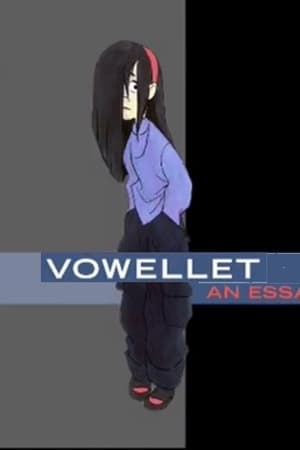 2.0
2.0Vowellet - An Essay by Sarah Vowell(en)
This Pixar documentary short follows Sarah Vowell, who plays herself as the title character, on why she is a superhero in her own way. (This short piece is included on the 2-Disc DVD for "The Incredibles", which was released in 2005.
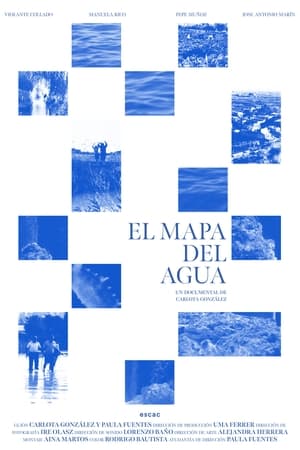 5.2
5.2The Water Map(es)
The Water Map is an essayistic journey through the ethnography and landscapes of the Region of Murcia. These places are in the process of disappearing due to the increasing and abundant agricultural exploitation. Water has marked the territory and the culture of the area, and with its disappearance, the memories of four characters fade away.
 7.1
7.1Arcadia(en)
A provocative and poetic exploration of how the British people have seen their own land through more than a century of cinema. A hallucinated journey of immense beauty and brutality. A kaleidoscopic essay on how magic and madness have linked human beings to nature since the beginning of time.
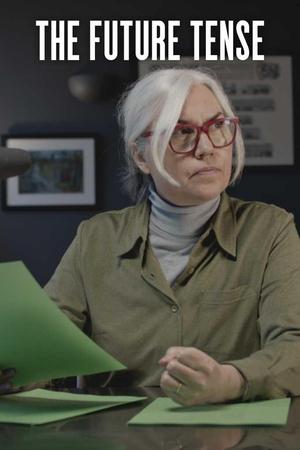 6.8
6.8The Future Tense(en)
Staged as a series of voiceover sessions, written with gloriously off-balanced precision and dipped in the color green, THE FUTURE TENSE unfolds as a poignant tale of tales, exploring the filmmakers’ own experiences in aging, parenting, mental illness, along with the brutal history that lies submerged beneath Ireland’s heavy, moist earth.
Who Will Watch the Watchman? Dalibor, or the Key to Uncle Tom's Cabin(cs)
In the fourth and final instalment of Karel Vachek’s not-so-little Little Capitalist Tetralogy, preparations for an opera performance in the Czech capital’s art-nouveau National Theatre become the occasion for a reflection on rebels, dissidents, and others subversives who stand in battle, heroically and sometimes tragically, against majority opinion, established rules, or powerful institutions. "As the camera wanders over, around and through Prague’s lavish National Theatre, director J.A. Pitínský coaches singers through a rehearsal of Bedřich Smetana’s tragic opera Dalibor. Intercut with the tale of the 15th-century knight who, imprisoned, refused to name names, Vachek interviews, on the plush red seats of the empty theatre, a whole series of latter-day rebels.
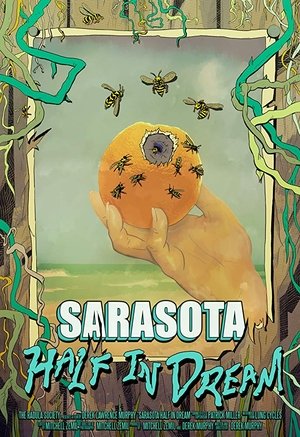 0.0
0.0Sarasota Half in Dream(en)
An experimental documentary about dead turtles, crab swarms, decaying tennis courts, and microscopic histories. The filmmakers shot their explorations into the abandoned golf courses, factories, and resorts of Sarasota, Florida and spoke to local youths who are using them for new and strange purposes. What would the Surrealists and Situationists think of a suburban, subtropical tourist town? What goes on in a storage unit in the dead of night? What is the afterlife of a decommissioned train car? What ghosts haunt a ruined hotel? What is the life cycle of a city? When will waters wash it all away?
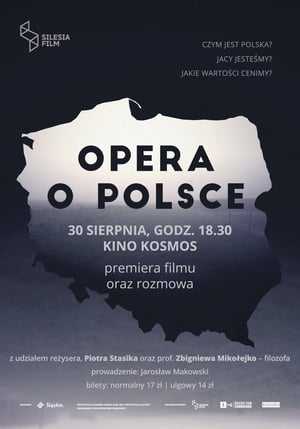 5.5
5.5Opera About Poland(pl)
Pole, who are you? This film collage that combines archival and contemporary materials, documentary and staged pictures, press reports, social announcements, sale offers and speech excerpts is an attempt to answer this question. Referring to the Polish tradition of a creative documentary in the style of Wojciech Wiszniewski, the film presents various manifestations of Polishness: patriotic and religious rituals, everyday traditions as well as characteristic landscapes or intimate memories from childhood.
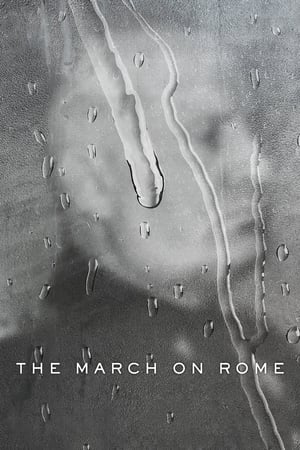 6.3
6.3The March on Rome(it)
The fascinating story of the rise to power of dictator Benito Mussolini (1883-1945) in Italy in 1922 and how fascism marked the fate of the entire world in the dark years to come.
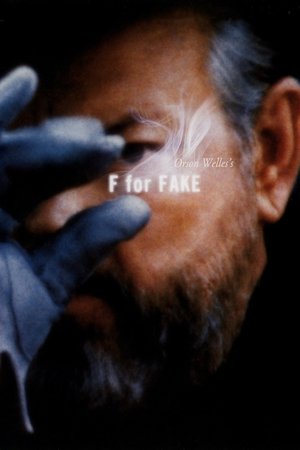 7.4
7.4F for Fake(fr)
Documents the lives of infamous fakers Elmyr de Hory and Clifford Irving. De Hory, who later committed suicide to avoid more prison time, made his name by selling forged works of art by painters like Picasso and Matisse. Irving was infamous for writing a fake autobiography of Howard Hughes. Welles moves between documentary and fiction as he examines the fundamental elements of fraud and the people who commit fraud at the expense of others.
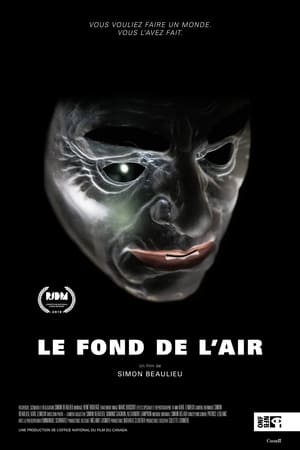 0.0
0.0White Noise(fr)
A reflection on the fate of humanity in the Anthropocene epoch, White Noise is a roller-coaster of a film, a whirlwind of sounds and images. The fourth feature-length work by Simon Beaulieu, this film essay plunges viewers into a subjective sensory adventure—a direct physical encounter with the information overload of daily life. White Noise transforms the imminent collapse of our civilization into a visceral aesthetic experience.
 6.5
6.5The Fall of Communism as Seen in Gay Pornography(en)
Every image in The Fall of Communism as Seen in Gay Pornography comes from gay erotic videos produced in Eastern Europe since the introduction of capitalism. The video provides a glimpse of young men responding to the pressures of an unfamiliar world, one in which money, power and sex are now connected.
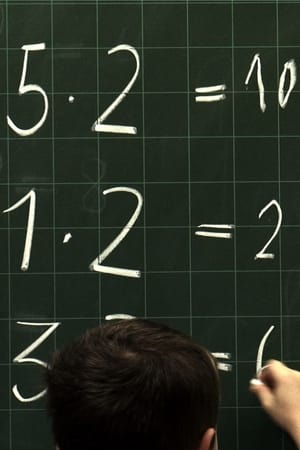 0.0
0.0Michael Berger: A Hysteria(de)
Depicting the biography of a corrupt banker poses a cinematic dilemma. How can the intentions of an individual systematic contexts and historical eventualities be brought into harmony? Thomas Furhapters nearly one hour film Michael Berger Eine Hysterie turns this problem outward by not covering up the moment of speculation. The subject of the film, Austrian investment banker Michael Berger, who became a dollar millionaire through a risky hedge fund, remains a chimera an absent individual who also cannot be captured through his crime.

